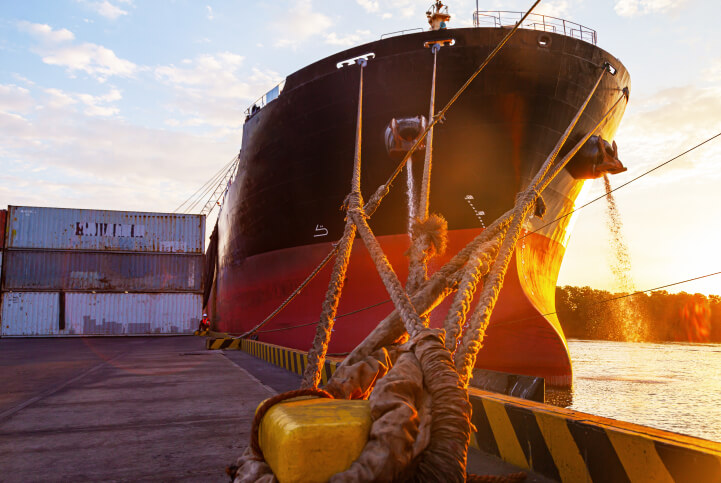MTCCs
In the delivery of technology demonstration activities and capacity-building activities in relation to the implementation of the IMO Biofouling Guidelines, TEST Biofouling will be supported by the Maritime Technology Cooperation Centres (MTCCs) set up under the EU-funded Global MTCC Network Project (GMN). Priorities for regional technology pilots and cooperation will be coordinated and set in line with priorities expressed by LDCs and SIDS and as such supported by those MTCCs whose geographical scope includes most LDCs and SIDS, notably MTCC Africa, MTCC Caribbean and MTCC Pacific.
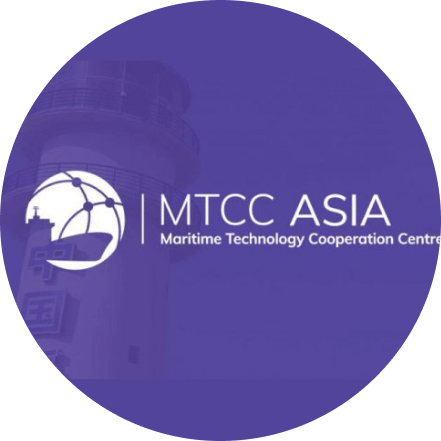
MTCC-Asia
MTCC-Asia is hosted by Shanghai Maritime University (SMU) in China. SMU’s existing capacity, combined with the project’s support through the creation of MTCC-Asia, is used to assist developing countries in the region to enhance their capabilities to address GHG emissions from shipping.
MTCC-Africa
The Maritime Technology Cooperation Centre for Africa (MTCC Africa) – is a Centre of excellence with the responsibility of building capacity for climate change mitigation in the African maritime shipping industry. MTCC Africa is part of the Global MTCCs Network (GMN) Project which establishes and unites MTCCs from five regions into one global network.
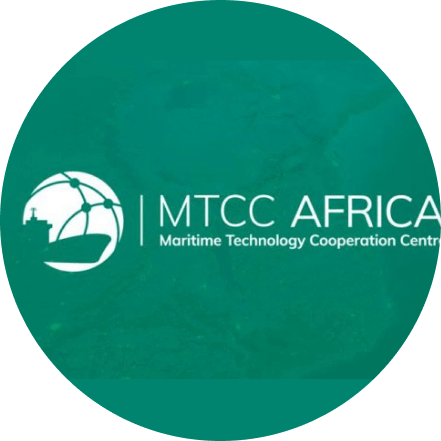
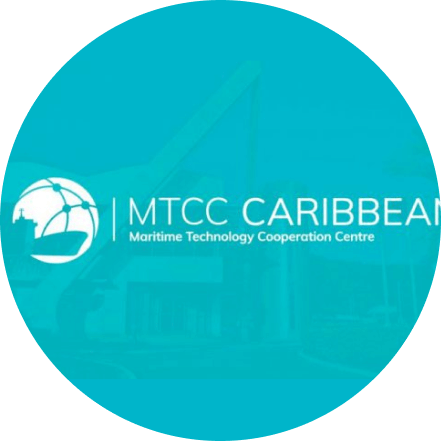
NMTCC-Caribbean
MTCC-Caribbean is headquartered at the University of Trinidad and Tobago (UTT). UTT is a multi-campus facility that hosts specialized programmes dedicated to developmental disciplines including maritime capacity building, energy efficiency, environmental studies and marine research.
MTCC-Pacific
MTCC-Pacific is being implemented by the Pacific Community (SPC) and the Secretariat of the Pacific Regional Environment Programme (SPREP) as a consortium of institutions. Both SPC and SPREP have a track record of regional capacity-building activities related to maritime safety and security, trade facilitation and port efficiency as well as pollution prevention from ships
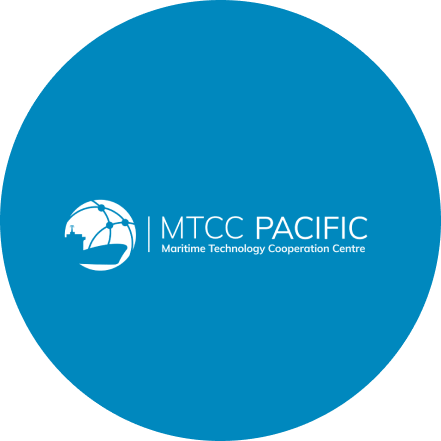
Lead Partnering Countries & Partnering Countries
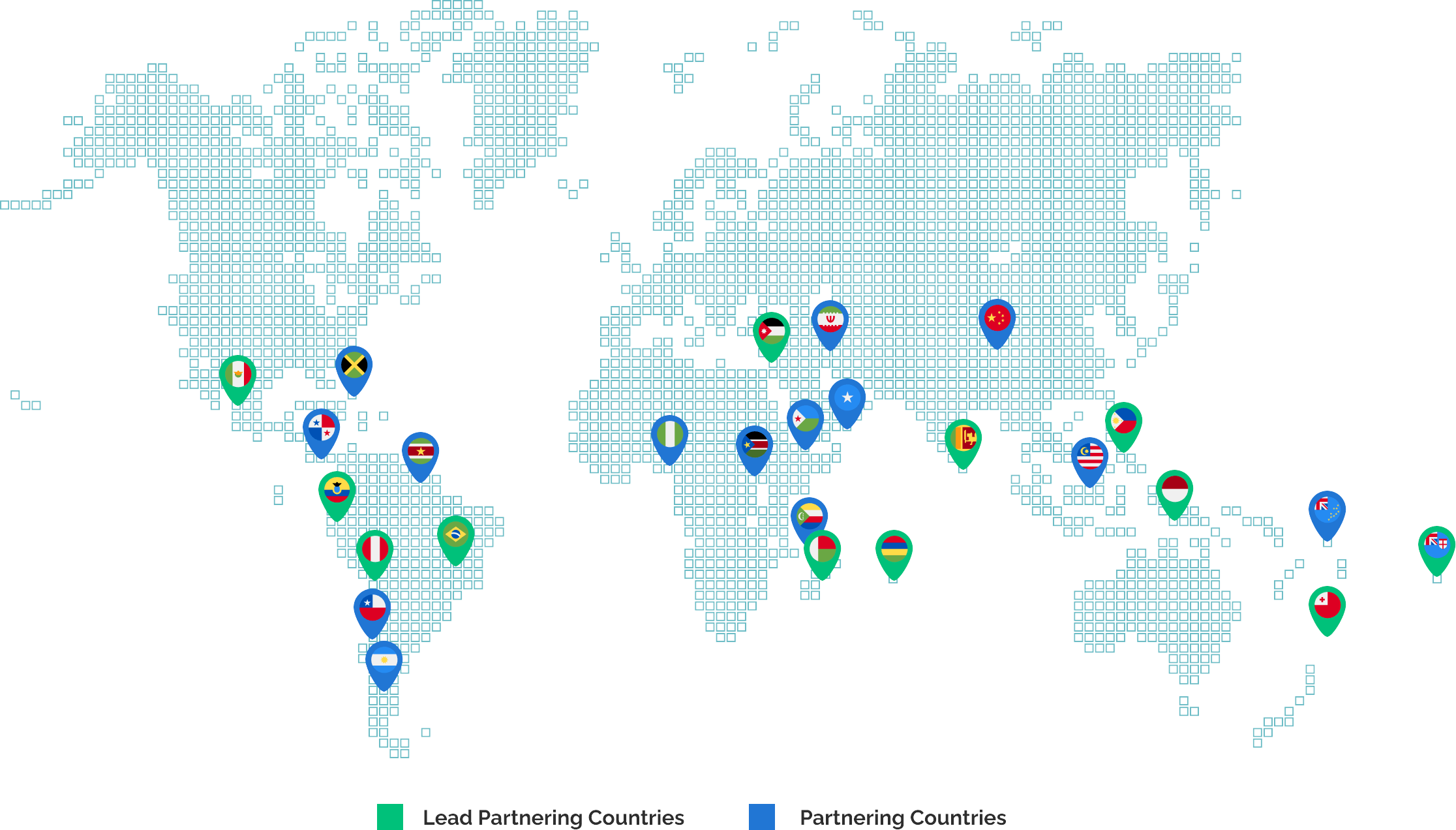
Lead Partnering Countries
Twelve countries, representing a mix of developing nations and Small Island Developing States, will spearhead the work of the TEST Biofouling Project as Lead Partnering Countries (LPCs) also seen as Lead Demonstration Countries: Brazil, Ecuador, Fiji, Indonesia, Jordan, Madagascar, Mauritius, Mexico, Peru, the Philippines, Sri Lanka and Tonga.
Partnering Countries
Fourteen Partnering Countries: Argentina, Chile, China, Comoros Djibouti, Iran, Jamaica, Malysia, Nigeria, Panama, Somalia, Sudan, Suriname and Tuvalu will benefit from capacity building, regional demonstration pilots, regional and global exchange of best practices and network creation.




